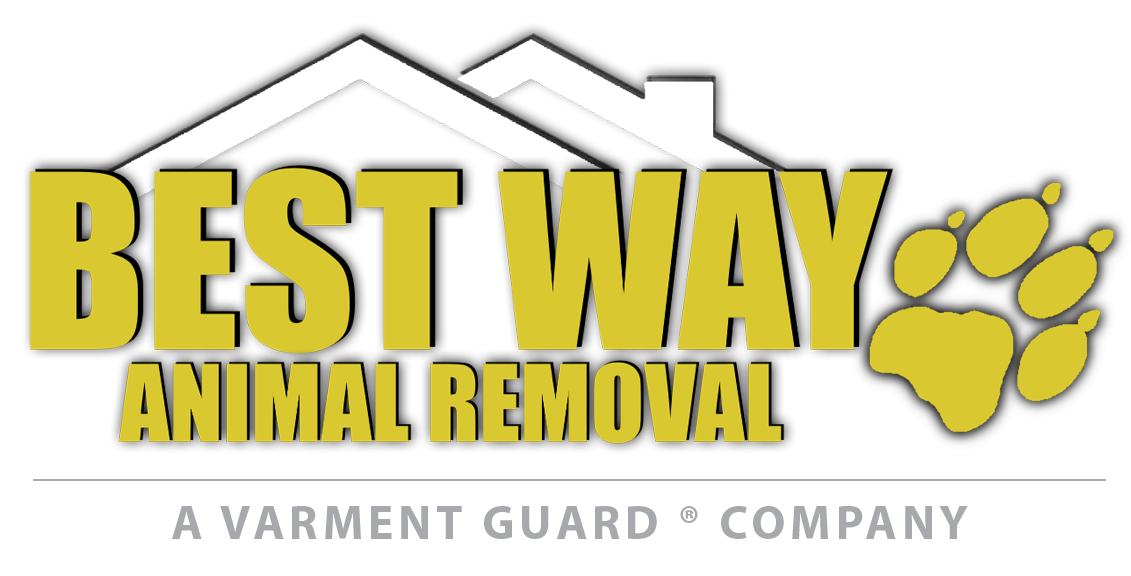Michigan is home to a diverse range of wildlife, but this can pose potential dangers to our beloved pets. One of the biggest threats is encounters with coyotes. These clever predators are becoming increasingly common in urban areas and can pose a serious risk to pets, especially small dogs and cats. To protect your furry friends, it is crucial to keep them on a leash or within a secure, fenced area when outside. Additionally, it is recommended to avoid leaving pet food or water outside, as this can attract coyotes and other wildlife. Another wildlife danger in Michigan is the presence of venomous snakes, such as the Eastern Massasauga rattlesnake. These snakes are found in wetland areas and can potentially harm curious pets. It is essential to keep your pets away from these habitats and be aware of the signs of snakebites, such as swelling or bleeding. Taking preventive measures and staying vigilant can help ensure the safety and well-being of our pets in Michigan’s wildlife-rich environment.
Protecting Your Pets from Wildlife Dangers in Michigan
Understanding the Wildlife Threats
Living in Michigan, we are fortunate to be surrounded by beautiful forests, lakes, and an abundance of wildlife. However, as pet owners, it is crucial to be aware of the potential dangers that wildlife poses to our beloved furry friends. Michigan is home to various wildlife species, including raccoons, skunks, coyotes, and even bears, and encounters with these animals can sometimes lead to unfortunate incidents involving our pets.
The Risks Posed by Wildlife
Wild animals may carry diseases or parasites that can be transmitted to our pets. For instance, raccoons are known carriers of rabies, which can be fatal if contracted by our pets. Additionally, skunks can transmit diseases such as distemper and leptospirosis. It is essential to ensure that our pets are up to date on their vaccinations to protect them from these potential health risks.
Another danger wildlife poses to our pets is physical harm. Encounters with aggressive animals can result in injuries to our furry companions. Coyotes, for example, are known to attack small dogs and cats, especially if they are left unattended in yards or allowed to roam freely. Bears, though less common in residential areas, can also pose a threat to our pets if they come into contact with them.
Preventing Wildlife Encounters
As responsible pet owners, there are steps we can take to minimize the risk of our pets encountering wildlife:
1. Keep your pets indoors or supervise them when outside: By keeping a watchful eye on our pets while they are outside, we can quickly intervene if a potentially dangerous encounter with wildlife occurs. Avoid leaving pets unattended in yards or allowing them to roam freely.
2. Secure garbage cans and compost bins: Raccoons and other wildlife are attracted to food sources, such as garbage and compost. Ensure that these containers are securely sealed to discourage wildlife from foraging in your yard.
3. Install secure fencing: A sturdy fence can help keep wildlife out of your yard and prevent your pets from wandering into areas where they may encounter dangerous animals.
4. Avoid leaving pet food outside: Leaving pet food outdoors can attract wildlife to your property. Feed your pets indoors and promptly clean up any spilled food or leftovers.
5. Clear brush and debris: By keeping your yard tidy and free of brush, you reduce the likelihood of attracting wildlife looking for shelter or nesting sites.
What to Do If You Encounter Wildlife
If you come across wildlife while walking your pet or in your yard, it is essential to prioritize your safety and that of your pet. Stay calm and do not approach or attempt to handle the animal. Instead, slowly back away and bring your pet indoors if possible. If the animal appears sick, injured, or poses an immediate threat, contact your local animal control or a professional wildlife control operator for assistance.
Conclusion
As responsible pet owners in Michigan, it is our duty to protect our beloved pets from the potential dangers posed by wildlife. By understanding the risks, taking preventive measures, and knowing how to react in encounters with wild animals, we can ensure the safety and well-being of our furry friends. Remember, if you ever find yourself in a situation where you need assistance with wildlife control, professionals are available to help.
Contact For Wildlife Control Help
Thank you for taking the time to read about Best Way Animal Removal. We understand the importance of prompt and professional animal removal services, and we are here to help. Our team of experienced technicians is available 24/7 to handle any wildlife issue you may be facing. Whether it’s a raccoon in your attic, a snake in your basement, or a bat in your chimney, we have the expertise and tools to safely and effectively remove the animal from your property. Don’t hesitate to give us a call at (616) 836-4255 if you require immediate assistance. We look forward to serving you and providing the best animal removal solutions for your needs.
